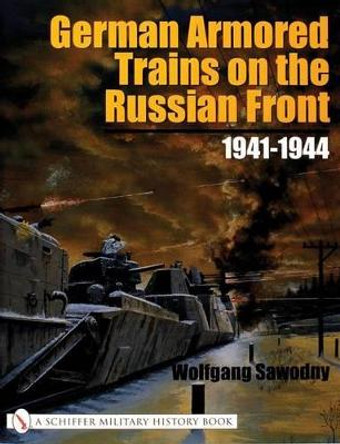By 1944, the overwhelming majority of the German Army had participated in the German war of annihilation in the Soviet Union and historians continue to debate the motivations behind the violence unleashed in the east. Jeff Rutherford offers an important new contribution to this debate through a study of combat and the occupation policies of three frontline infantry divisions. He shows that while Nazi racial ideology provided a legitimizing context in which violence was not only accepted but encouraged, it was the Wehrmacht's adherence to a doctrine of military necessity which is critical in explaining why German soldiers fought as they did. This meant that the German Army would do whatever was necessary to emerge victorious on the battlefield. Periods of brutality were intermixed with conciliation as the army's view and treatment of the civilian population evolved based on its appreciation of the larger context of war in the east.
The contradictory behaviour of the German Army in the east resulted from its adherence to the concept of military necessity.About the AuthorJeff Rutherford is Assistant Professor of History at Wheeling Jesuit University.
Reviews'There can be no doubt that Rutherford's concept of 'military necessity' is a great stride forward in our knowledge of the Wehrmacht's Modus operandi in the east. Combat and Genocide on the Eastern Front is one of the most important books on the Wehrmacht to appear in the last twenty years and a must read for both the German military campaign as well as its war of annihilation.' David Stahel, author of Nazi Policy on the Eastern Front, 1941 (2012)
Book InformationISBN 9781107652736
Author Jeff RutherfordFormat Paperback
Page Count 438
Imprint Cambridge University PressPublisher Cambridge University Press
Weight(grams) 690g
Dimensions(mm) 227mm * 151mm * 18mm









